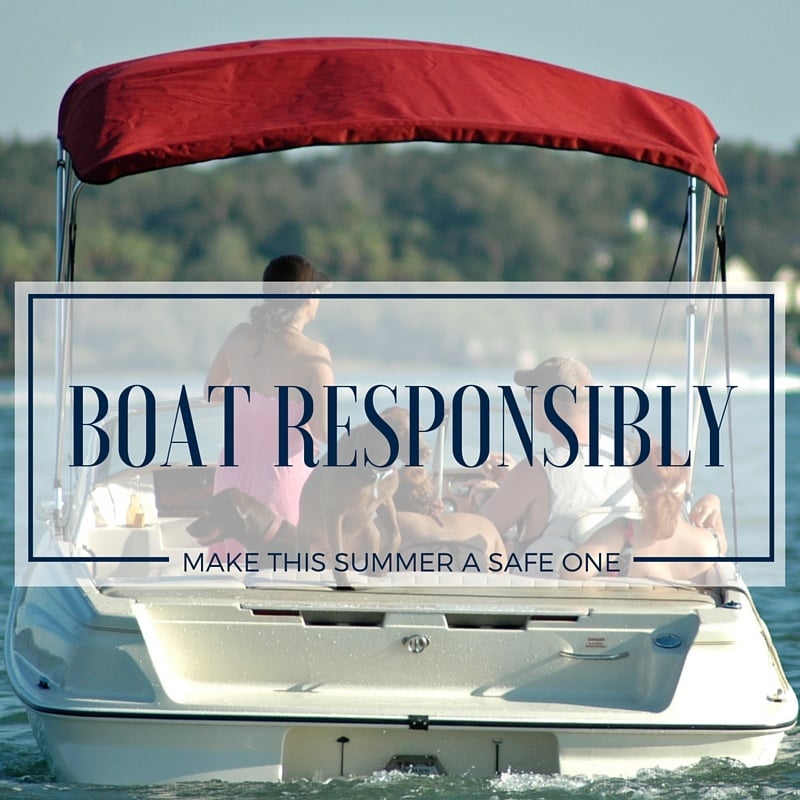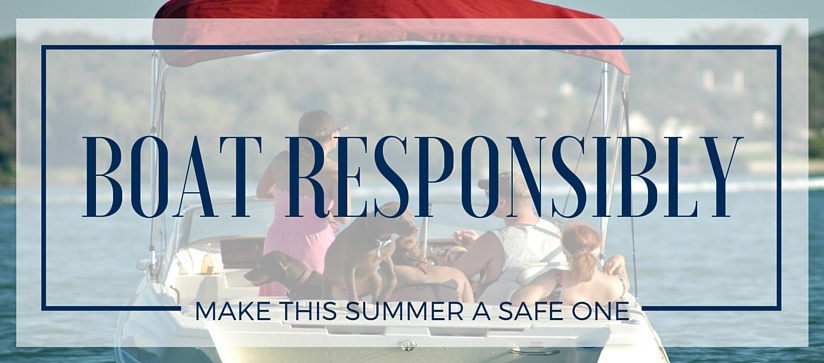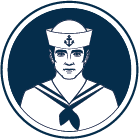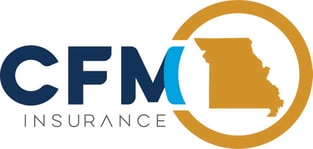
 Summer is officially here, and with it comes boating season! Before you jet out into the waters with your crew for some summertime fun, make sure you put safety first.
Summer is officially here, and with it comes boating season! Before you jet out into the waters with your crew for some summertime fun, make sure you put safety first.
Be Weather-Wise
Before heading out into the water, play it safe and always check local weather conditions. If you notice darkening clouds, volatile, rough, and changing winds, or sudden drops in temperature, stay at the dock and avoid the water.
Follow a Pre-Departure Checklist
Every boater knows you must be prepared for any possibility on the water. Follow this pre-departure checklist to make sure no boating safety rules or precautions have been overlooked or forgotten.
Use Common Sense
One of the most important parts of boating safety is to use your common sense. This means operating at a safe speed at all times (especially in crowded areas), staying alert at all times, and steering clear of large vessels and watercraft that can be restricted in their ability to stop or turn. Also, be respectful of buoys and other navigational aids, all of which have been placed intentionally to ensure your own safety.
 Designate a First Mate
Designate a First Mate
Make sure more than one person on board is familiar with all aspects of operating the boat, and general boating safety. If the primary navigator is injured or incapacitated in any way, it’s important to make sure someone else can follow the proper boating safety rules to get everyone else back to dry land safely.
Develop a Float Plan
Whether you choose to inform a family member or staff at your local dock, always be sure to let someone else know your float plan. This should include where you’re going and how long you’re going to be gone.
Other information to include in your float plan are:
 Name, address, and phone number of trip leader
Name, address, and phone number of trip leader- Name and phone number of all passengers
- Boat type and registration information
- Trip itinerary
- Types of communication and signal equipment onboard, such as an Emergency Position Indicating Radio Beacon (EPIRB) or Personal Locator Beacon (PLB)
 Make Proper Use of Life Jackets
Make Proper Use of Life Jackets
Did you know that the majority of drowning victims are the result of boaters not wearing their life jackets? To ensure your family and friends aren’t part of this statistic, assign and fit each member of your crew with a life jacket, prior to departure. Know your local life jacket laws.
Avoid Alcohol
The probability of being involved in a boating accident doubles when alcohol is involved. Studies have shown that the effects of alcohol are provoked by sun and wind. To protect everyone onboard from potential harm, save the alcohol for later.
Learn to Swim
If you’re going to be in and around the water, it’s only fitting that you know how to swim. Local organizations, such as the American Red Cross and others, offer training for all ages and abilities. Check to see what classes are offered in your area before heading out on the water.
Take a Boating Course
 Beginner boaters and experienced experts alike need to be familiar with the boating safety rules of operation. Boater education requirements vary by state; however, some require validated completion of at least one boating safety course. Regardless of your individual state's requirements, it's always important to be educated and prepared for every circumstance that might arise. You can learn boating safety rules by taking a local community course, or online course, to help educate yourself.
Beginner boaters and experienced experts alike need to be familiar with the boating safety rules of operation. Boater education requirements vary by state; however, some require validated completion of at least one boating safety course. Regardless of your individual state's requirements, it's always important to be educated and prepared for every circumstance that might arise. You can learn boating safety rules by taking a local community course, or online course, to help educate yourself.
Consider a Free Vessel Safety Check
Take advantage of a free vessel safety check from the US Coast Guard. They offer complimentary boat examinations to verify the presence and condition of certain safety equipment required by state and federal regulations. Free of charge, they’ll provide a specialist to check out your boat and make helpful boating safety tips and recommendations. They also offer virtual online safety checks as well.
Source: Safe Boating Tips


Your Comments :